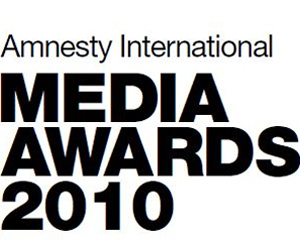Journalism.co.uk is at JEEcamp in Birmingham today. It’s the third such annual informal event for journalism experimentation and enterprise. But organiser Paul Bradshaw says it will be the last.
I’m trying a One Man and His Blog style live blog today, as long as the dongle holds up. You can also follow #jeecamp tweets here: http://bit.ly/aeb9BV.
 First up, Simon Waldman the former digital strategy and development director of Guardian Media Group. His new job is as LOVEFiLM’s product director, and the session so far reflects that cross-sector flexibility.
First up, Simon Waldman the former digital strategy and development director of Guardian Media Group. His new job is as LOVEFiLM’s product director, and the session so far reflects that cross-sector flexibility.
He’s talking about what people like about the web: challenging authority (through Christmas number one campaigns for example) and stuff that’s free and cheap.
Each time new technology comes out, our behaviour changes, he says. What has wifi changed, for example? Well, we can all sit round tweeting what he is saying. With wifi, you can watch TV and have the laptop on your lap (‘bellyvision’!).
Waldman says he thinks we’ve got another decade of “quite profound change” ahead of us.
He says that it’s not necessarily a Jeff Jarvis ‘what would Google do’ question, because Google would be doing it. The Guardian’s Sarah Hartley tweeted this great quote: ‘looking at what Google would do and attempting to copy it is like me looking at Rooney & attempting to play football like him’.
Waldman looked at IBM and says that if a company like that can turn its business around, there’s hope for the rest of us.
Companies need to transform their core business, he says: it’s about making sure your business as a whole is in good shape.
Innovation needs tight deadlines and speed. He’s not sure about the Economist’s Project Red Stripe for example. Entrepreneurs get on and do things, he says.
The kind of businesses editors and publishers think about are quite difficult to scale (at this point he says he’s not going to spill any beans about the Guardian – boo!).
There’s a load of challenges ahead – for at least the next decade and a half. Now is a fantastic time to be entrepreneurial, but think really carefully about how big it can be, says Waldman.
Find someone who can help you turn into a real business. “Do brilliant things,” he says. Waldman can never stop being grateful that his career coincided with digital explosion, he says.
Image courtesy of Adam Tinworth on Flickr

